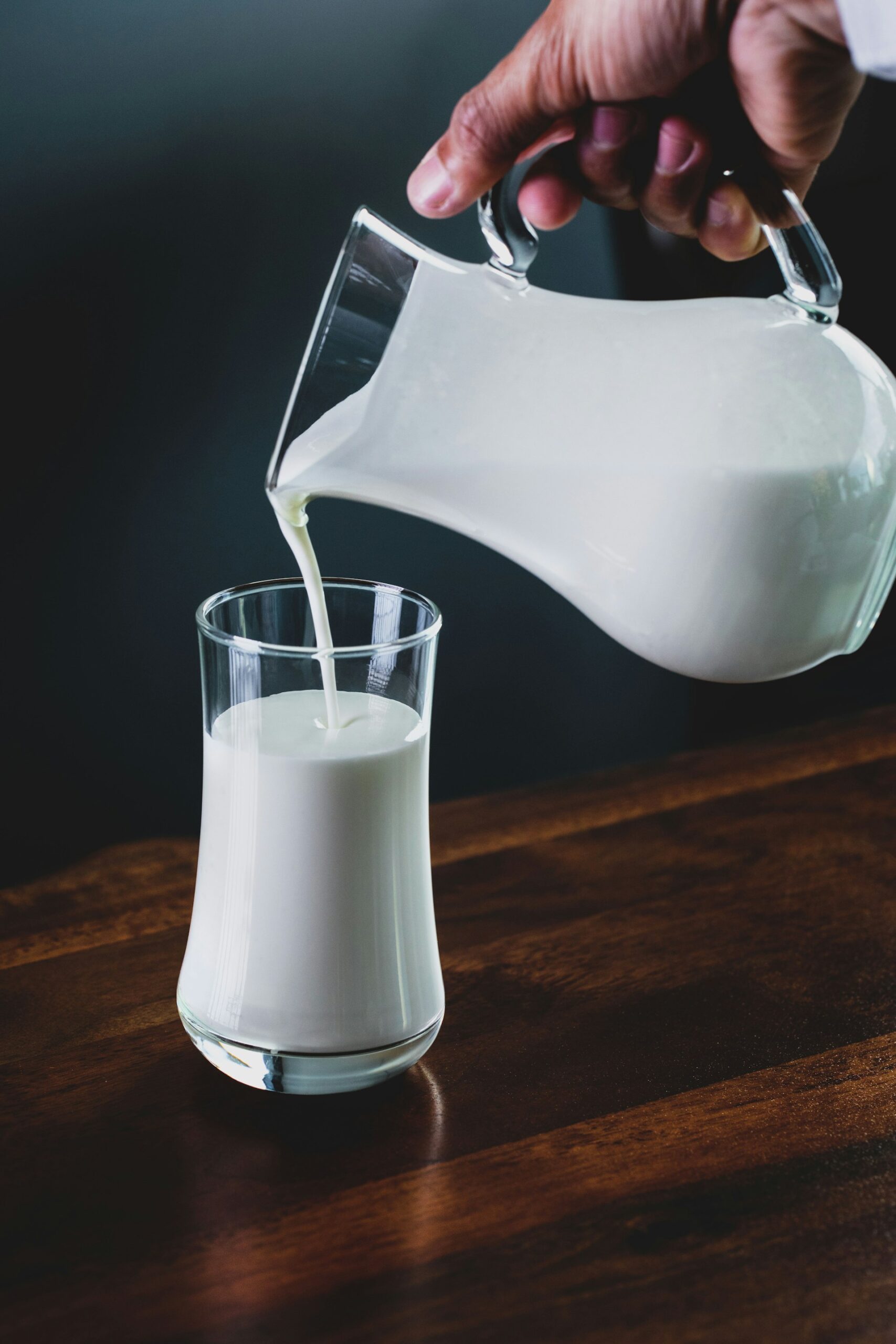Choosing the right formula is a big decision for parents. The choice between different types of formula—cow’s milk, soy, or specialized formulas—can feel overwhelming. However, many parents are discovering the unique benefits of goat milk formula. Goat milk formula provides essential nutrients in a gentler form that can make a difference for babies with sensitive tummies or digestive issues.
What Makes Goat Milk Formula Different?
Most formulas are based on cow’s milk. But cow’s milk isn’t always the best option for every baby. Goat milk differs in its protein and fat structure. The proteins in goat milk are softer and form smaller curds, making them easier to digest. If your baby struggles with cow’s milk formula, goat milk could be a game-changer.
A Better Protein for Babies
One big advantage of goat milk formula is the protein it contains. Cow’s milk proteins can sometimes be tough on an infant’s stomach. Goat milk contains less alpha-s1 casein protein, which is one of the main allergens in cow’s milk. Lower levels of this protein mean that goat milk can often be tolerated better by babies who have sensitivity issues.
This doesn’t mean that goat milk formula is hypoallergenic—it still contains dairy. But it has a different composition that can work better for some infants. The protein is gentler, making digestion smoother and potentially reducing symptoms like gas, bloating, or fussiness.
Goat Milk Formula Has More Digestible Fats
Another reason to consider goat milk formula is the fat content. Goat milk has short- and medium-chain fatty acids, which are easier for babies to absorb. Cow’s milk, on the other hand, contains more long-chain fatty acids that are harder for babies to digest.
Babies’ digestive systems are still developing. When formulas are hard to digest, infants may experience discomfort, leading to fussiness and crying. Because goat milk fats are closer in structure to human milk fats, they are more digestible and could help prevent tummy troubles.
Naturally High in Essential Nutrients
Babies need nutrients to grow and thrive. Goat milk is naturally high in key vitamins and minerals, such as vitamin A, vitamin C, calcium, and magnesium. These nutrients play a critical role in growth, immune support, and development. High-quality goat milk formulas add even more value by fortifying their product to meet or exceed the nutritional needs of infants.
While cow milk-based formulas add nutrients to their formulas, the natural profile of goat milk is more balanced and nutrient-rich, which may be beneficial for babies’ development.
Less Processing Than Cow Milk Formula
Processing can strip away some of the natural benefits of milk. Many cow milk formulas go through significant processing to make the proteins and fats easier to digest. Goat milk formula requires less modification, which keeps more of its natural goodness intact.
Some parents appreciate this “less-is-more” approach, preferring formula options that are closer to natural milk. If you’re looking for a minimally processed option that still meets infant nutritional standards, goat milk formula could be ideal.
Goat Milk Formula and Immune Support
Goat milk contains natural prebiotics, which support healthy gut bacteria. Gut health plays a huge role in the immune system. By fostering healthy gut flora, goat milk formula can help support your baby’s immune health right from the start.
The prebiotics in goat milk also contribute to smoother digestion, potentially reducing the risk of digestive discomfort that can come from an unbalanced gut microbiome. Building a strong immune foundation through diet is one of the best gifts you can give your baby.
Fewer Additives and Preservatives
High-quality goat milk formulas often have fewer additives and preservatives than cow milk formulas. Because goat milk is naturally rich in nutrients, there’s less need to add extra ingredients. This can lead to a simpler, purer product that is closer to what nature intended.
Parents who read labels carefully will appreciate that goat milk formula usually has a shorter ingredient list, meaning fewer fillers and additives that don’t benefit your baby’s health.
Easier Transition to Solids
Introducing solid foods can be another tricky stage. Babies who are used to goat milk formula often transition to solids more smoothly. Since goat milk is gentle on the digestive system, these babies may find it easier to adapt to new foods without experiencing a lot of digestive issues.
The mild flavor of goat milk also means that babies may accept the taste of new foods more readily, as they’re accustomed to a less processed, milder flavor.
Ideal for Supplementing Breastfeeding
If you’re supplementing breastfeeding with formula, goat milk formula can be an excellent choice. Breast milk is the ideal food for babies, but for mothers who need to supplement, goat milk formula provides a similar fat and protein structure that complements breast milk well.
The ease of digestion means fewer upset stomachs and better acceptance, making it a great option for mothers who want to provide the best balance between breast milk and formula.
Considerations Before Choosing Goat Milk Formula
Not every baby will react the same way to goat milk formula. Babies with a confirmed dairy allergy still should avoid it, as it is a dairy-based product. Goat milk formula is gentler but isn’t a replacement for hypoallergenic or non-dairy formulas in cases of severe milk allergy.
The Verdict: Why Goat Milk Formula May Be Worth Trying
In summary, goat milk formula has multiple advantages for babies, especially those with sensitive stomachs or mild digestive issues. It offers digestible proteins, balanced fats, essential nutrients, and minimal processing—all of which can contribute to a healthier start for your little one.
Whether you’re supplementing breastfeeding or choosing formula as a primary source of nutrition, goat milk formula provides a valuable option. Always consult with your pediatrician when switching formulas to ensure it meets your baby’s specific needs. For many parents, the benefits of goat milk formula outweigh the drawbacks, making it a popular choice in today’s formula market.
Considering the unique needs of your baby and consulting with professionals can guide you in making the right choice. But for those looking for a more natural, gentle, and nutrient-rich option, goat milk formula offers a promising alternative to standard formulas.












